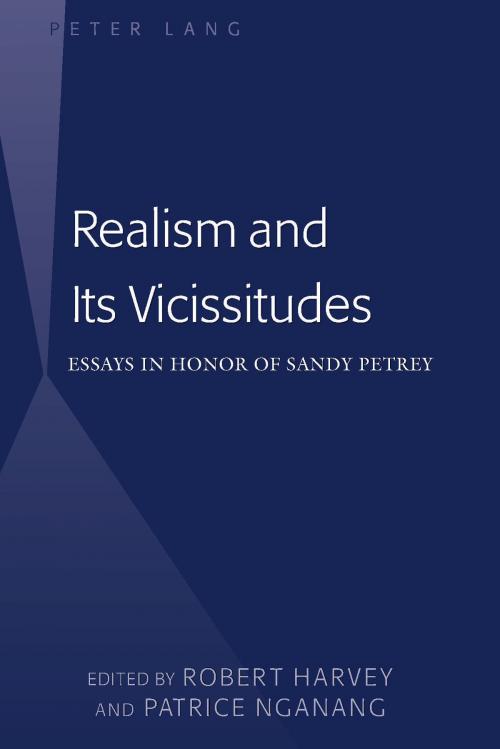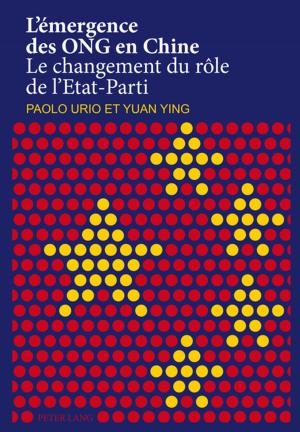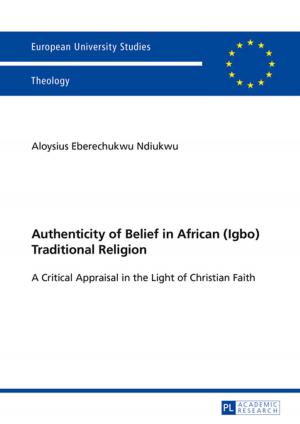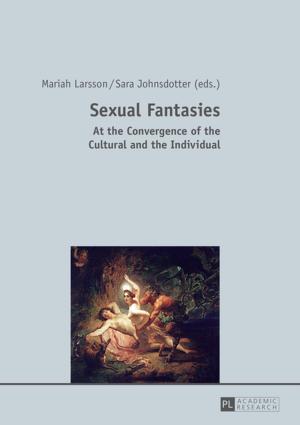Realism and Its Vicissitudes
Essays in Honor of Sandy Petrey
Fiction & Literature, Literary Theory & Criticism, French, European, Theory| Author: | ISBN: | 9781454190431 | |
| Publisher: | Peter Lang | Publication: | March 26, 2015 |
| Imprint: | Peter Lang Inc., International Academic Publishers | Language: | English |
| Author: | |
| ISBN: | 9781454190431 |
| Publisher: | Peter Lang |
| Publication: | March 26, 2015 |
| Imprint: | Peter Lang Inc., International Academic Publishers |
| Language: | English |
This collection honors the career of Donald «Sandy» Petrey, Professor of Comparative Literature at the State University of New York at Stony Brook for over forty years. The diversity of essays – written by colleagues, friends, and former students, and ranging in subject from the traditional Festschrift theme of the honoree’s compelling contributions to the study of realism and the novel’s role in history, to chapters on Susan Sontag’s experimental films, the thought of the late Marxist philosopher André Gorz, silence in the graphic novel, and linguistic disparities between American and Standard Italian – attests to the plasticity of Sandy Petrey’s mind and the ample indications of his work. Best-known (and well-loved) for his often gruff, no-nonsense style in teaching and prose, Petrey is celebrated by those whose careers and ideas he has helped to nurture, inform, and embolden. This collection is a fine text for courses in nineteenth-century as well as contemporary French studies and literature.
This collection honors the career of Donald «Sandy» Petrey, Professor of Comparative Literature at the State University of New York at Stony Brook for over forty years. The diversity of essays – written by colleagues, friends, and former students, and ranging in subject from the traditional Festschrift theme of the honoree’s compelling contributions to the study of realism and the novel’s role in history, to chapters on Susan Sontag’s experimental films, the thought of the late Marxist philosopher André Gorz, silence in the graphic novel, and linguistic disparities between American and Standard Italian – attests to the plasticity of Sandy Petrey’s mind and the ample indications of his work. Best-known (and well-loved) for his often gruff, no-nonsense style in teaching and prose, Petrey is celebrated by those whose careers and ideas he has helped to nurture, inform, and embolden. This collection is a fine text for courses in nineteenth-century as well as contemporary French studies and literature.















